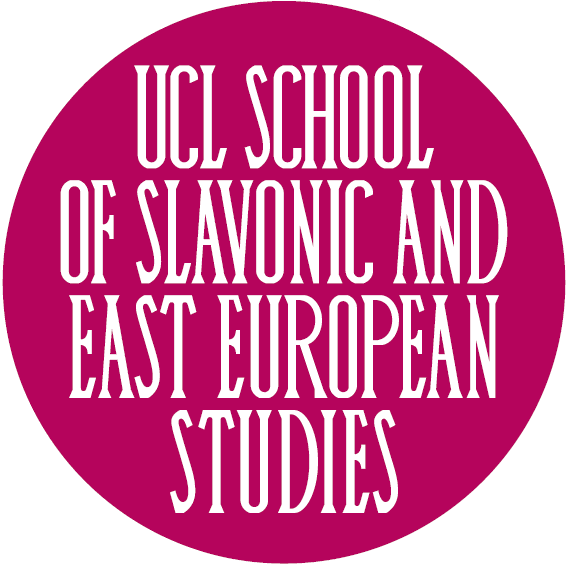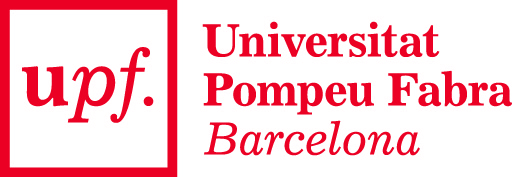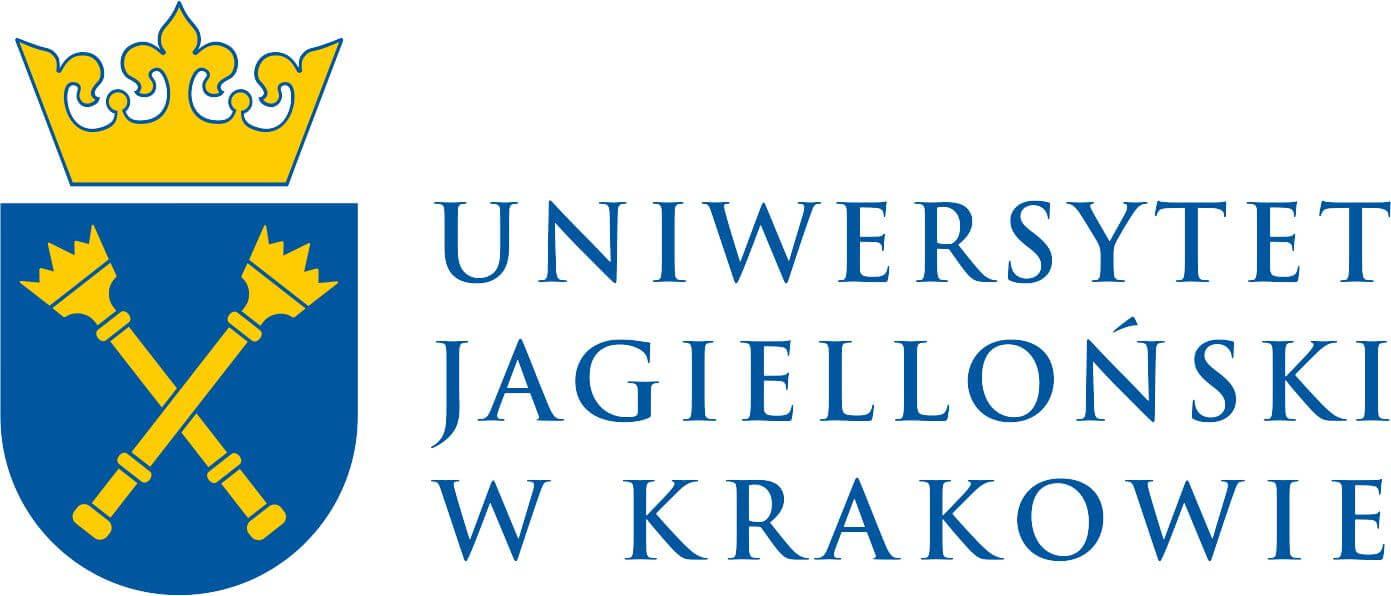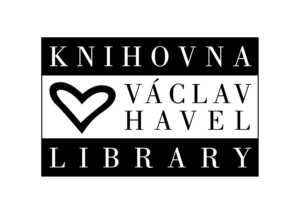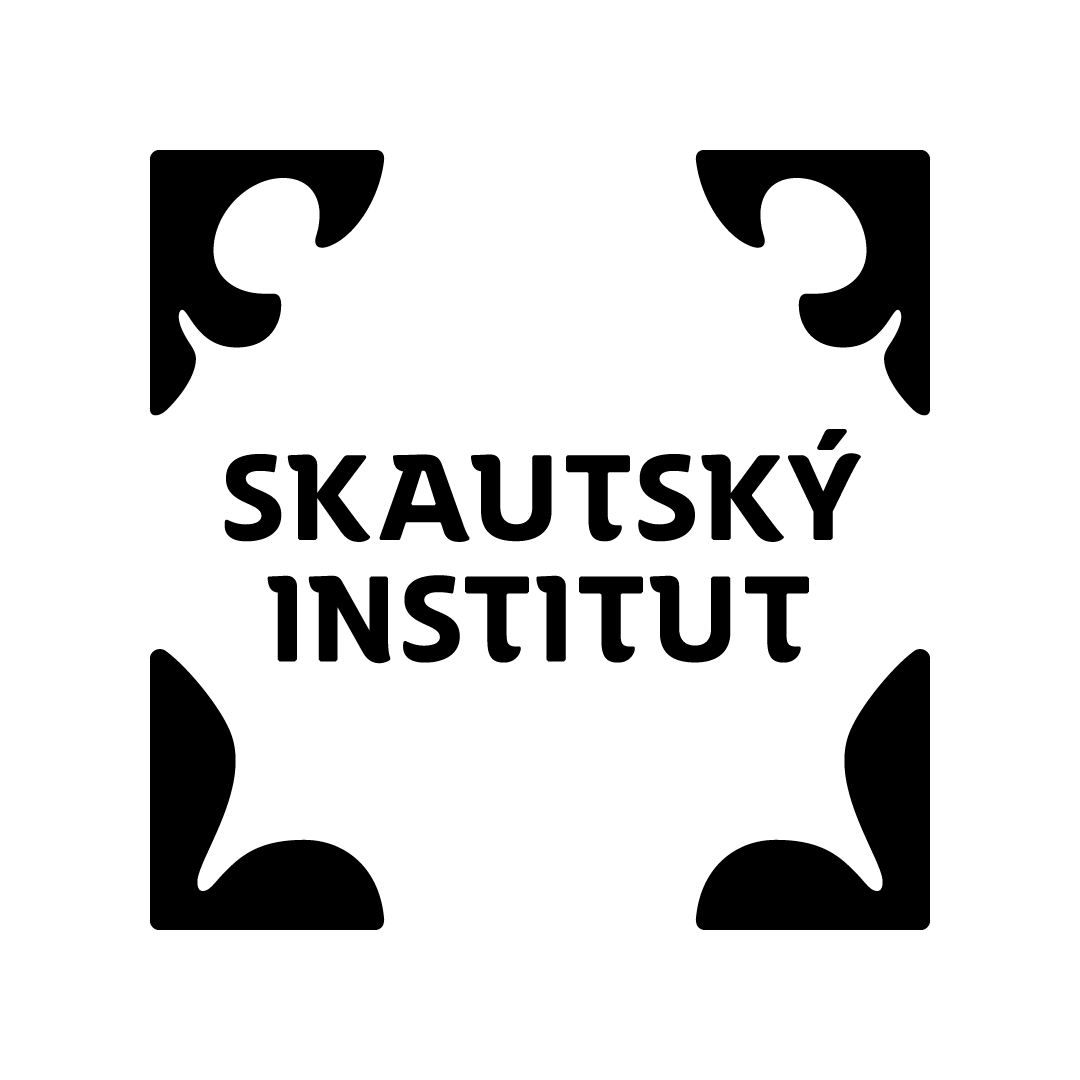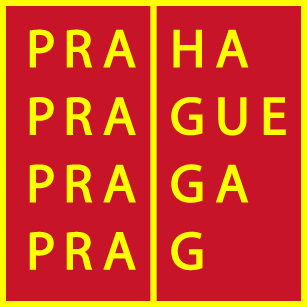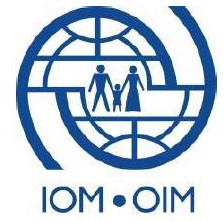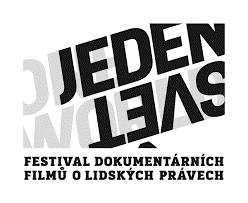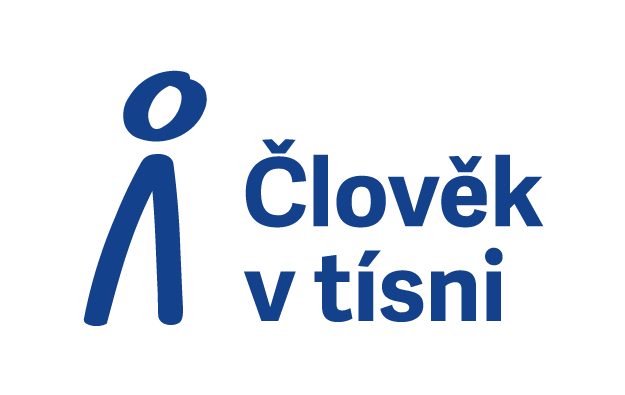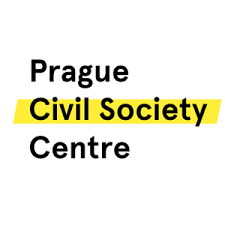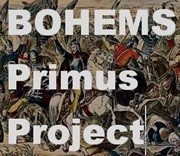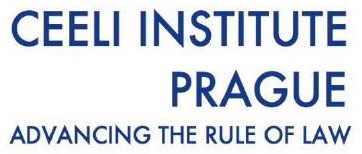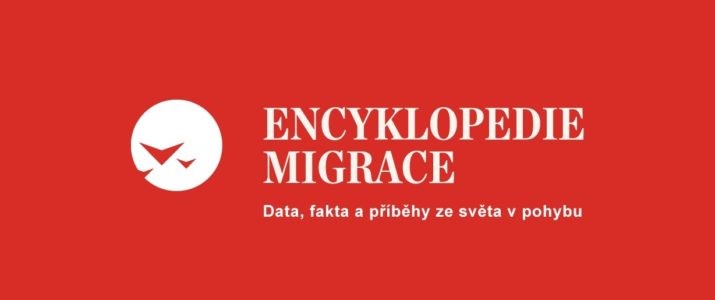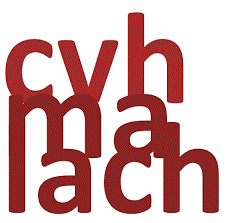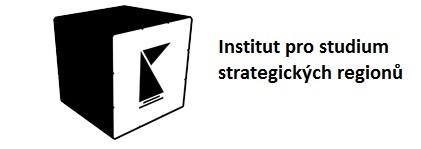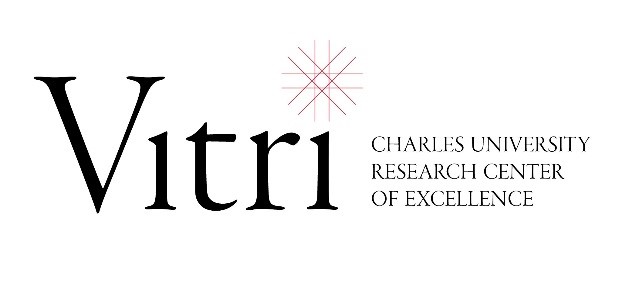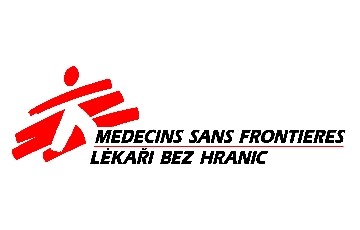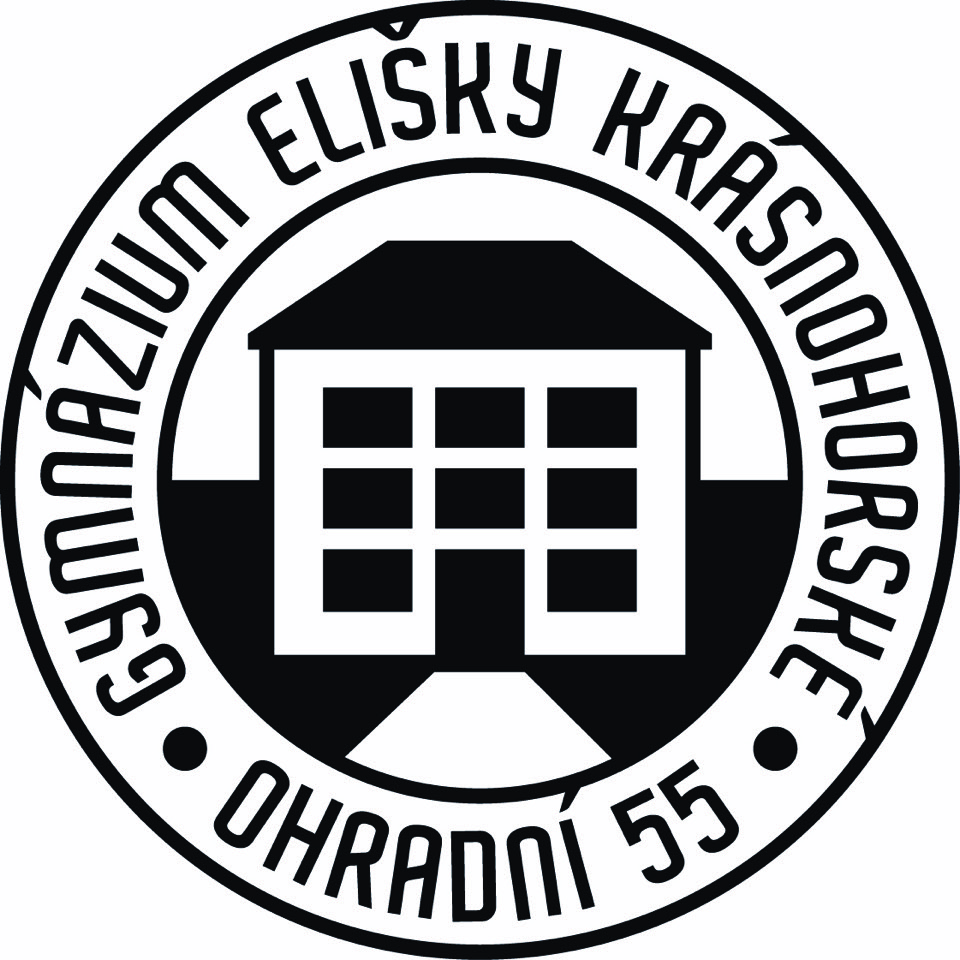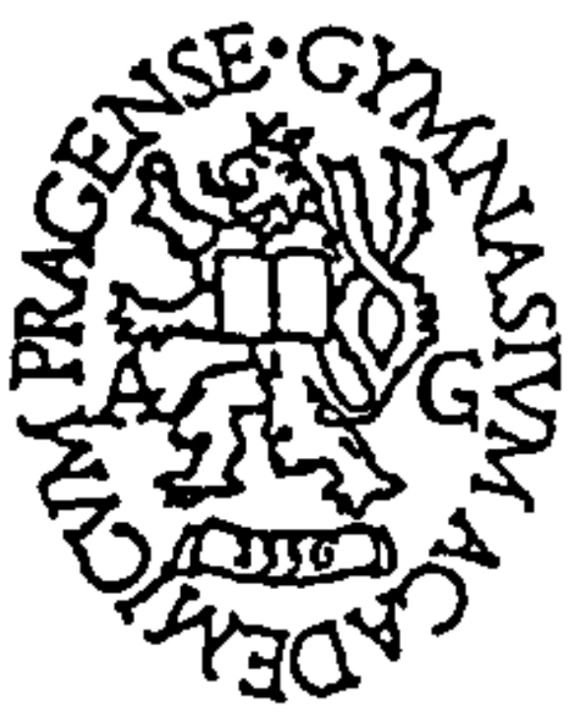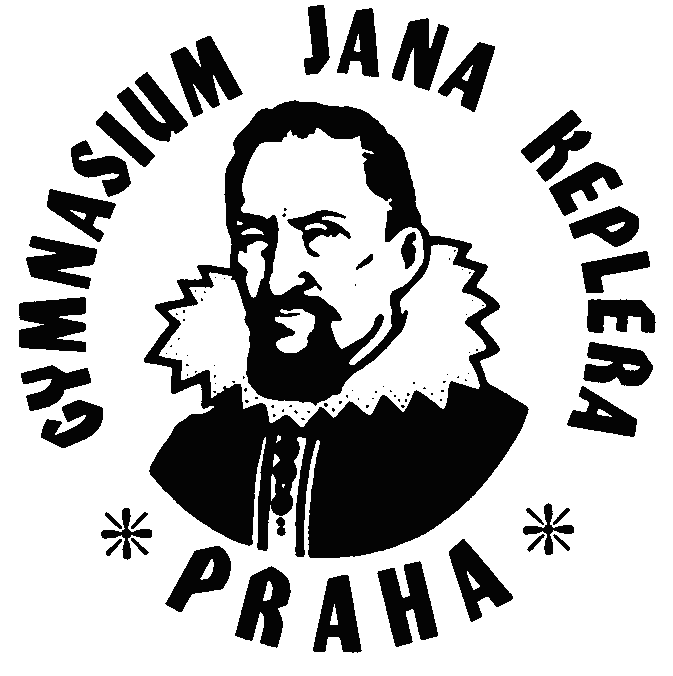GAUK Juhászová
Post-WWII Coexistence in an East Slovak Small-town
The project analyzes the mechanisms of coexistence in a post-conflict, linguistically mixed society living on the geographical periphery. The focus of this micro-historical project is the east Slovak small town Medzev, whose inhabitants spoke German, Slovak, Hungarian, or Romani and faced persecution by the Czechoslovak authorities since the end of the Second World War. The case of this town, where a substantial part of the German-speaking population remained throughout the 20th century, enables the analysis of how the fundamental social transformations of post-war Czechoslovakia took place outside the cosmopolitan cities, yet in a linguistically heterogeneous area. Based on archival documents and biographical interviews, the project will provide a balanced view of coexistence through the stories of those who were marginalized by the state authorities, those who participated in the persecution of others, and those who silently stood by. Regarding the timeframe, the project focuses on the period from the end of World War II, when the town was hit by waves of forced migration, to the end of the 1960s as a period in which the original inhabitants coped with the influx of Slovak-speaking workers due to the industrialization of the town. The project will contribute to the current state of knowledge about the functioning of societies in the periods of reconciliation after the war and political transformation, with an emphasis on the dynamics of coexistence in small communities on the geographical periphery.
Research team
The principal investigator of this project is Mgr. Tereza Juhászová, a Ph.D. candidate in the field of Modern History at the Department of Russian and East European Studies, IMS FSV UK.
The supervisor of the project is doc. PhDr. Kateřina Králová, Ph.D., M.A.
Donor
This project is funded by the Grant Agency of the Charles University.

Duration
The project runs from April 2023 to December 2024.


